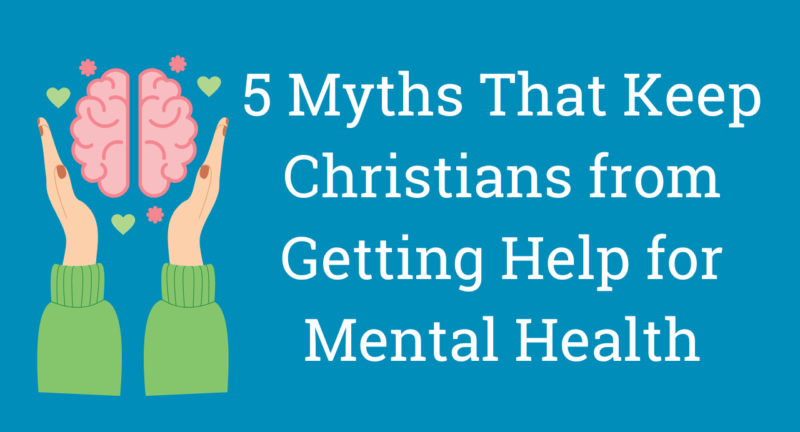
Depression amongst Teenagers
Depression Amongst Teenagers
We all experience low moods, at one point or another in our lives. For most people, such moments do not last for long while others may experience persistent and pervasive depressed moods characteristic of clinical depression. When one experiences a persistence of depressed mood over a period of not less than two weeks, they could be suffering from depression. Such individuals should be assessed for depression especially when a noticeable change occurs in their social, occupational, educational and/or other day-to-day areas of function.

As a Child Psychiatrist, I have come to observe that one of the most recurrent conditions that I encounter amongst teenagers in my practice is depression. Generally, there are two peaks of depression across the normal lifespan for human beings. One of these peaks has been noted to occur in middle school (teenage years) and the other in the thirties.
Some of the common signs of depression among teenagers include, but are not limited to:
i. Exhibiting uncontrolled anger
ii. Social withdrawal
iii. Substance abuse
iv. Self- medicating in a bid to deal with the low moods
v. Cutting
Some factors that can contribute to depression among teenagers may include:
i. Academic pressure
This can be explained by the fact that children today have much more to learn than previous times yet the school hours have not changed. The knowledge base keeps on building yet, the time to take in all the knowledge does not change. This is quite a test to most teenagers’ academic resilience and unfortunately, it leads to some of them being depressed because of the pressure they experience.
ii. Family Pressure
One of the saddest things in society is the fact that broken families exist and this has been the case for years on end. For many teenagers today, middle school years are built with peer issues in addition to family pressure, especially from broken families. The period of teenage is one where individuals seek to form their own identity as they strive towards independence. A conducive family environment is key in nurturing teenagers into realizing/ establishing their own self- identity, therefore, teens who come from broken families are at a disadvantage compared to those who come from well- established families. The former are more prone to suffer from depression because they experience more pressure from their families.
iii. Advancements in technology
One of the greatest advantages of technological innovation is the fact that we are able to access more information – faster and easier than ever before. Sadly, however, this is also a great disadvantage with regard to depression in teens. For instance, there are teens who may become depressed simply because they find it hard to move on after a breakup. This is facilitated by the fact that when teens break up, they can still access information about their ex-boyfriends or girlfriends through various avenues in social media, like Facebook and Twitter. Such contact after a break-up makes moving on harder especially because it makes emotional healing more difficult. This is can lead to depression. In previous years when such avenues did not exist, it was easier for most people to move on after a breakup because they would rarely make contact with the individuals they used to relate with.
Also, with the advancements in technology also teenagers can more easily access pornographic content from the internet. Some teenagers also take explicit photos that are sexual in nature. Such acts often result in distress amongst teens as they lead to conflict between them and their parents. They can also be a major cause of shame and guilt among teens.
When it comes to depression amongst teenagers, the above are some of the things that we all need to be keen on. In case you discover or suspect that you or your loved one is suffering from depression, I would encourage you to reach out for help.
In case you need to consult a mental health professional on matters regarding depression, please feel free to get in touch with us at Next Step 2MH. Our team of experts would be more than glad to serve you.
Call us at 502-339-2442 to book an appointment with us.
Image Source: http://www.shutterstock.com
Related Posts
Depression amongst Teenagers
Generally, there are two peaks of depression across the normal lifespan for human...
5 Myths That Keep Christians from Getting Help for Mental Health
By Brian Briscoe, M.D. For many Christians, seeking help for mental health...


